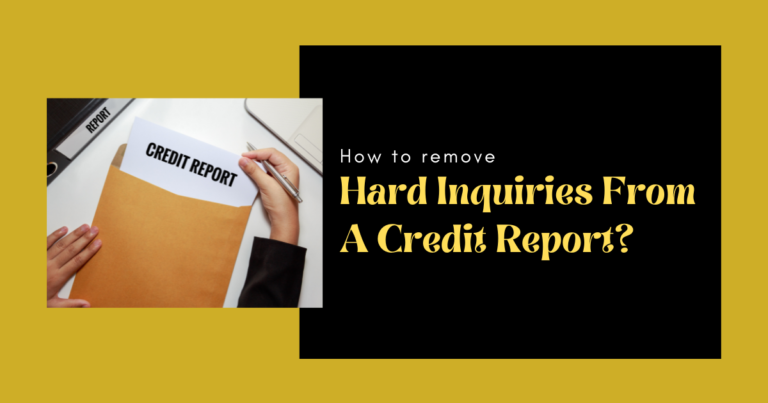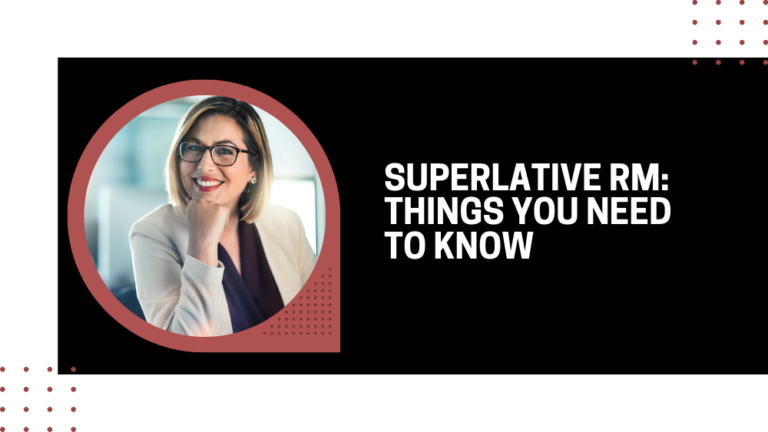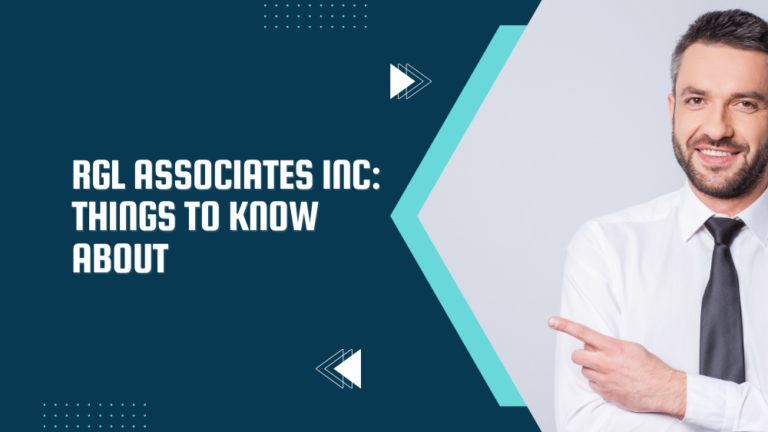Top 16 Banks With No Overdraft Fees And Free Checking
Introduction
Checking accounts have numerous expenses such as maintenance fees, ATM fees, and overdraft fees. However, you should not settle for any checking account when a really free checking account allows you to eliminate some, if not all, of these costs. Monthly maintenance costs are not charged with free checking accounts, as they are with many banks. Instead, most banks will pay a specific transaction cost and charge you an overdraft fee if you withdraw more than what is available in your checking account. You will find banks with no overdraft fees.
Top Banks with No Overdraft Fees And Free Checking
Being short on finances is easy if you don’t keep track of your bank balance, and people who live paycheck to paycheck are especially vulnerable. According to the 2021 FinHealth Spend Report, 43 percent of households overdrew in the previous year, with an average of 9.6 overdrafts. At $35 per overdraft, consumers pay over $350 each year because they don’t have enough balance to cover expenses.
Select has outlined 16 checking accounts which are banks with no overdraft fees below, so you can rest confident that you will not be charged the next time you make this typical error.
Capital One 360 Checking
Capital One has announced intentions to eliminate overdraft fees, with the policy change slated to take effect in early 2022. Customers who have paid overdraft fees in the past will be automatically enrolled in an overdraft protection program. Those who want to opt-out will also have any overdrawn transactions refused for a $0 cost.
It’s worth noting that several of the checking accounts, as mentioned earlier, don’t have a physical location, meaning they only operate online. In addition, other large banks, such as Wells Fargo, Bank of America, Citi, and others, provide free checking accounts with no overdraft fees. But they charge monthly service costs. However, some institutions may waive the costs if you satisfy certain criteria.
Discover CashBack Debit Account
Discover CashBack Debit Account is a bank with no overdraft fees. It helps you earn 1% cashback on debit card transactions up to $3,000 each month. Besides, you do not need to worry about checking fees. Because it doesn’t charge a monthly maintenance fee, online bill pay, regular checks, insufficient funds, or other helpful services.
Furthermore, overdraft protection is free of charge. When you sign up, you may link your Discover savings to your checking account, which you can use to pay overdrafts. Additionally, you have access to over 60 000 free ATMs in the U.S.
Ally Interest Checking Account
Ally Bank is an online bank offering a checking account with interest and without overdraft fees. Furthermore, you do not require to pay the minimum balance or monthly maintenance cost for the checking account. It also pays 0.10 percent annual and provides interest on balances less than $15,000 and 0.25 percent APY on $15,000 or above balances.
You can use your Ally debit card at over 43,000 free Allpoint ATMs across the United States. Furthermore, Ally Bank reimburses $10 every statement cycle for fees incurred at non-Allpoint ATMs around the country.
If you have a checking and a savings account with Ally Bank, you may deposit checks remotely. You can effortlessly send and receive funds, and save when you spend.
Axos Bank Rewards Checking
Axos is a strong reward checking account. There are no additional fees attached to Axox checking account. Axos Benefits Checking provides competitive cashback rewards as well. In addition, the rewards checking account has five interest rates and an APY of up to 1.25 percent.
Betterment Checking
Betterment’s online-only checking account features no account fees, overdraft fees, or account minimums. It will also cover all out-of-network ATM and international transaction costs.
You will save money on fees besides earning money. Betterment checking provides cashback benefits for all purchases. In addition, you don’t have to be concerned about losing money because, through nbkc bank, you are insured for up to $250,000.
Alliant Credit Union High-Rate Checking
You can consider the Alliant High-Interest Checking account if you want to have a credit union experience. They do not impose monthly service fees, a minimum balance, and overdraft fees. In addition, Alliant will automatically move funds from your savings account to prevent an inadvertent overdraft if you enroll in overdraft protection.
This checking account also offers a 0.25 percent APY on all balances and reimburses $20 per month for out-of-network ATM use. You may also use over 80,000 ATMs around the country for free.
Wealthfront Cash Account
Wealthfront Cash Account is one of the top banks with no overdraft fees. The Wealthfront Cash checking account is a high-yielding checking account that provides overdraft protection and allows you to begin investing. With this account, there are no account or transfer fees. In addition, you get access to over 19,000 fee-free ATMs countrywide and direct deposits and the possibility to receive payments two days early on recurring installments.
This checking account additionally offers an APY of up to 0.1 percent on all account balances. In addition, your savings are secure and protected because Wealthfront’s partners provide up to $1 million in FDIC protection.
Fidelity Cash Management Account
Fidelity does not impose account fees and provides free overdraft protection with its cash management account. If you sign up for this service, you will be able to link your checking account to a savings or brokerage account. Then, Fidelity will move cash from the linked account to cover an overdraft.
Fidelity cash management accounts do not take maintenance fees and do not require minimum balances. In addition, they do not provide ATM reimbursements. On balances less than $100,000, this checking account earns 0.01 percent APY. Aside from that, your account is FDIC-insured for up to $1.25 million.
Key Bank’s Hassle-Free Account
KeyBank offers a Hassle-Free account that does not have monthly service fees and requires no minimum balance. It also offers overdraft protection, which means that if you get overdrawn on your account, the transaction will be refused. Conversely, no charge will be added even if you overdraw from your account. There is a $10 minimum opening deposit for this account.
Chime Bank
SpotMe is the name of Chime’s free overdraft prevention program. This service is optional, which means you must sign up for it if you haven’t opened an account.
It is offered to members who have a monthly direct deposit of $200 or more into their bank account. While the business claims you may overdraw up to $200 each month, you can only draw $20 on debit card transactions and cash withdrawals at first. You may later be qualified for the greater $200 limit.
BBVA (Formerly Simple)
CEO Joshua Reich and CFO Shamir Karkal launched what was once known as BankSimple in 2009 in Brooklyn. Jerry Neumann donated the initial startup cash. The startup secured $10 million in August 2011 from investors led by I.A. Ventures, Shasta Ventures, and Dave McClure. Later that month, the firm relocated its headquarters to Portland, where five of its 17 workers already lived. The startup began as a restricted beta in the summer of 2012.
Charles Schwab
We at Charles Schwab Bank share your desire to give back to our community. We show our commitment to the community via a range of community development projects and events that assist in fulfilling the banking and credit needs of our whole community, particularly low- and moderate-income communities and individuals.
TIAA
TIAA Bank does not impose ATM fees and will refund you up to $15 per month for ATM costs paid at other U.S. ATMs, regardless of your TIAA Bank account balance. ATM charge refund is limitless for TIAA Bank accounts with a minimum balance of $5,000.
Aspiration
Aspiration’s “Pay What is Fair” pledge guarantees that you will not be charged unplanned costs, including overdraft fees. As a result, as an Aspiration customer, you’ll never have to pay a fee for overdrawing your account – but this isn’t a free overdraft service.
Varo
Earn actual money in your Varo Bank Account. For example, when you reach $5 in cashback, they will deposit your funds instantly into your bank account. To earn, simply use your Varo Bank debit card at participating retailers, or you can use Varo Believe Card.
Acorns
Acorns is a fintech startup best known for its micro-investing platform, Round-Ups, allowing users to set up automatic investments into a portfolio. It collects a debit or credit card transaction made on a connected card to the closest dollar and invest the difference on the member’s behalf.
Understanding overdraft Fees
An overdraft charge is a penalty your bank levies if you spend more money than your existing balance. Some banks provide overdraft protection, which transfers funds from a connected account to an overdrawn one. However, not all banks will, and some may demand a fee for this service.
How Does Bank Overdraft Work?
“Banks have discretion in evaluating whether to allow a debit to be completed when the checking account balance is insufficient,” Milton adds. Overdrafts can be handled in a variety of ways, depending on the bank:
Allow the overdraft to take place. The transaction will be completed in this situation, but the customer’s account balance will be negative. In addition, the client may be charged an overdraft fee and may be charged extra costs each time a transaction happens until the balance returns to zero. If your account remains negative for a particular amount of days, they may charge you a fee. However, when it comes to ATM or debit card overdrafts, you must first grant your bank authorization to charge you these costs.
Refuse the transaction. Suppose you do not grant your bank permission to enable debit card overdrafts – known as “opting out” – when you execute a transaction that would put your account balance in the negative. In that case, the bank refuses it, preventing it from going through. When this occurs, they do not charge a price. Of course, even if you have opted into overdrafts, you may always opt out.
Offer overdraft protection. Customers may sign up for overdraft protection with some institutions. When an overdraft occurs, the account user can cover it with cash from another account rather than allowing the balance to go below zero and incurring a charge.
Types of Overdraft Protection
Banks and credit unions provide several types of overdraft protection. There are banks that charge fees for additional services, while others charge only an overdraft fee. So, what kinds of overdraft protection are there?
Overdraft Protection through Opt-In
Banks’ usual overdraft protection is going in for overdraft protection. Your bank will pay for some overdraft transactions and charge you a fee if you choose this option.
Associated Bank Account
At many banks, consumers link their checking account to another account. For instance, a savings account. The bank then transfers cash from the connected account to offset the shortfall if there is an overdraft. For this function, banks often charge a minimal transfer fee.
Ways to Avoid Overdraft In Your Account –
Suppose your purchases cause your checking account to get into a negative balance. In that case, your financial institution may charge you an overdraft fee – not just once but numerous times if you continue to make transactions. This expensive predicament is averted if you use some of these solutions-
Opt-out of overdraft protection.
Your financial institution has the authority to cover or reject a transaction that might result in a negative balance. But you have power over one thing. If you choose not to participate in an overdraft protection program, your provider will not be able to cover one-time ATM transactions or debit cards or levy overdraft fees on them. However, it can cover checks and recurring debit transactions without your consent. According to a 2014 Consumer Financial Protection Bureau analysis, debit card transactions create more overdrafts than any other form of transaction. In addition, they refuse transactions if there are insufficient funds without overdraft protection. However, most financial institutions do not levy insufficient funds penalties for denied debit card tries.
Keep an eye on your account balances on a frequent basis.
Check your accounts at least once a week, if not more regularly, to ensure that your balances are not too low. According to the CFPB, most debit card overdraft fees occur with $24 or fewer purchases. You can check your balance online, using a mobile application, or visiting an ATM or branch.
Set up low-balance notifications.
Make the balance checking process automatic. Check with your supplier to see if you can set up email or mobile text notifications to get an alert when an account falls below a certain level.
After an overdraft occurs, deposit or transfer funds as soon as possible.
The average cost of an overdraft fee is $34, so three transactions, for example, might result in fines totaling more than $100. However, you may still be able to avoid an overdraft fee if you are aware that a low balance has recently caused an overdraft. First, check with your provider to know whether there is a cutoff time or deadline for depositing money to an account in order to repair a negative balance on the same day to prevent costs. Even if you miss the deadline, moving funds into the account as soon as possible helps you avoid further costs. Leaving a negative balance for several days, for example, may result in an extended overdraft charge.
Conclusion
Overdraft fees may not appear to be a problem at first because they are just approximately $30. But overdrawing from your account more than once can quickly build up.
If you have a history of overdrafts, consider opening one of the checking accounts mentioned earlier to avoid incurring further costs. In addition, there are banks with no overdraft fees that can help resolve this overdraft problem.






